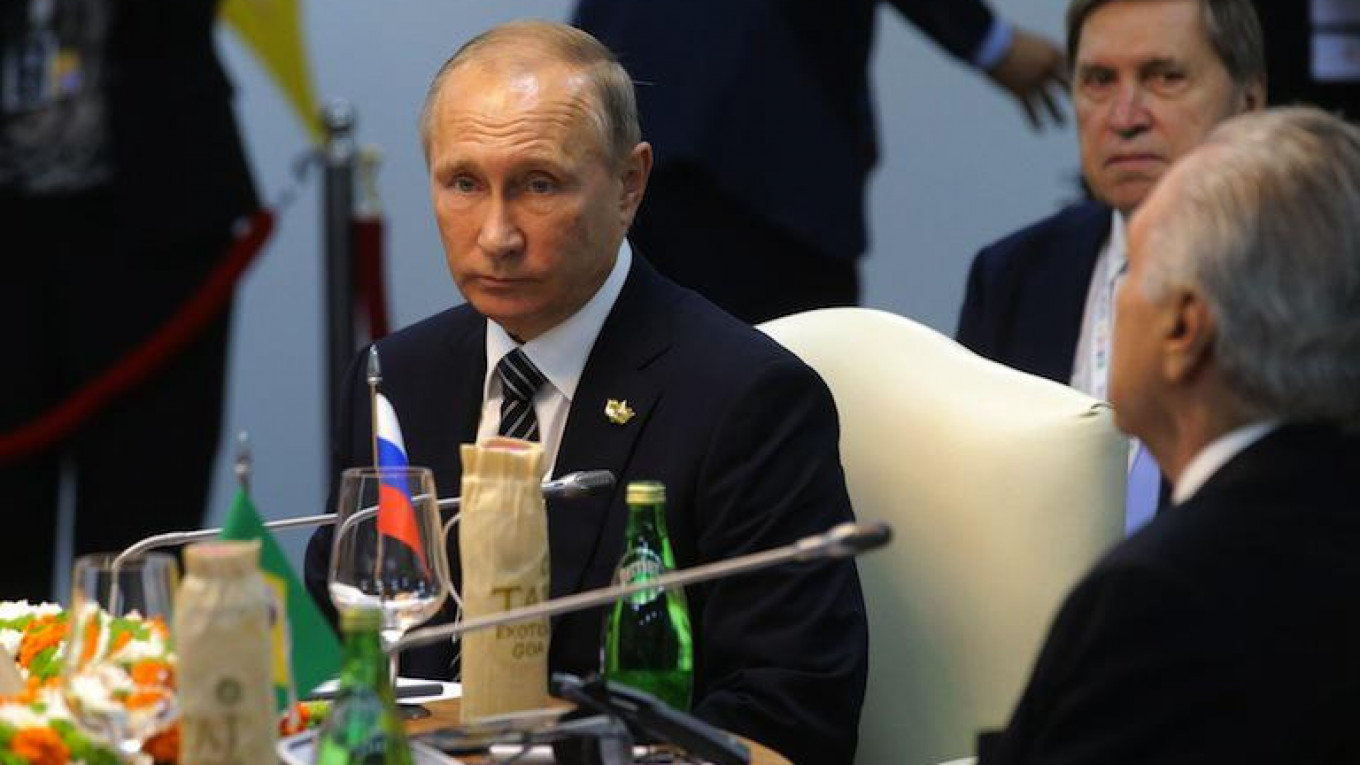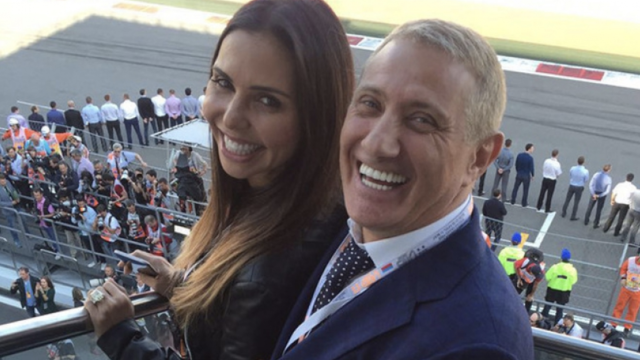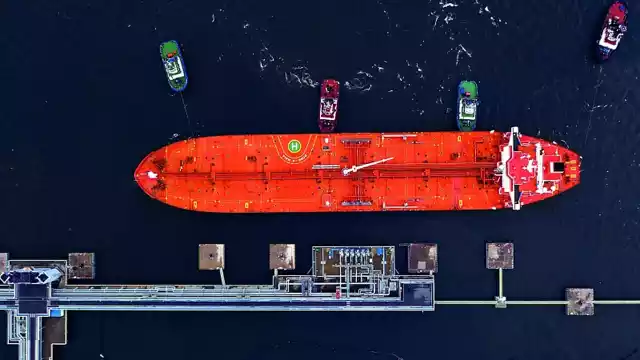Russian President Vladimir Putin saw his usual statesman-like demeanor crack on Sunday, when he told journalists that Western sanctions could “screw themselves.”
Speaking to Russian journalists in the Indian city of Goa, Putin refused to use the term “counter-sanctions” when discussing Russia's boycott of Western food imports, insisting that they were merely “measures to defend the economy.”
“Yes, we have problems on vegetables, especially for fruit, but we knew it was going to happen.There has been a definite increase in prices in the domestic market,” he said. “But [sanctions] have given a chance to domestic producers with the support of the state.”
The outburst has been removed from the official transcript of the event on the Kremlin website.
Putin also accused the United States of ramping up international tensions to distract voters from domestic problems in the run-up to next month's presidential elections.
He said that “creating an enemy” was a common tactic to placate the electorate.
“Iran and the Iranian nuclear threat did not work well for that purpose. Russia is a more interesting story. In my opinion, this card is being played now,” he said.
Putin was also careful to avoid backing any of the U.S. presidential hopefuls— but did praise Republican candidate Donald Trump for his “calls for cooperation.”
“[Democrat candidate] Ms Clinton chose her aggressive rhetoric and aggressive stance with regard to Russia, and Mr Trump, on the contrary, is calling for cooperation, at least against terrorism.”
“We will certainly welcome anyone who wants to work with us,” he said.
President Putin traveled to India to take part in the 8th BRICS Summit on Oct. 15 – 16.
The conference also saw Russia close a number of arms deal, including an agreement to provide India with an S-400 air defense system and 200 jointly-produced Kamov helicopters.
A Message from The Moscow Times:
Dear readers,
We are facing unprecedented challenges. Russia's Prosecutor General's Office has designated The Moscow Times as an "undesirable" organization, criminalizing our work and putting our staff at risk of prosecution. This follows our earlier unjust labeling as a "foreign agent."
These actions are direct attempts to silence independent journalism in Russia. The authorities claim our work "discredits the decisions of the Russian leadership." We see things differently: we strive to provide accurate, unbiased reporting on Russia.
We, the journalists of The Moscow Times, refuse to be silenced. But to continue our work, we need your help.
Your support, no matter how small, makes a world of difference. If you can, please support us monthly starting from just $2. It's quick to set up, and every contribution makes a significant impact.
By supporting The Moscow Times, you're defending open, independent journalism in the face of repression. Thank you for standing with us.
Remind me later.





